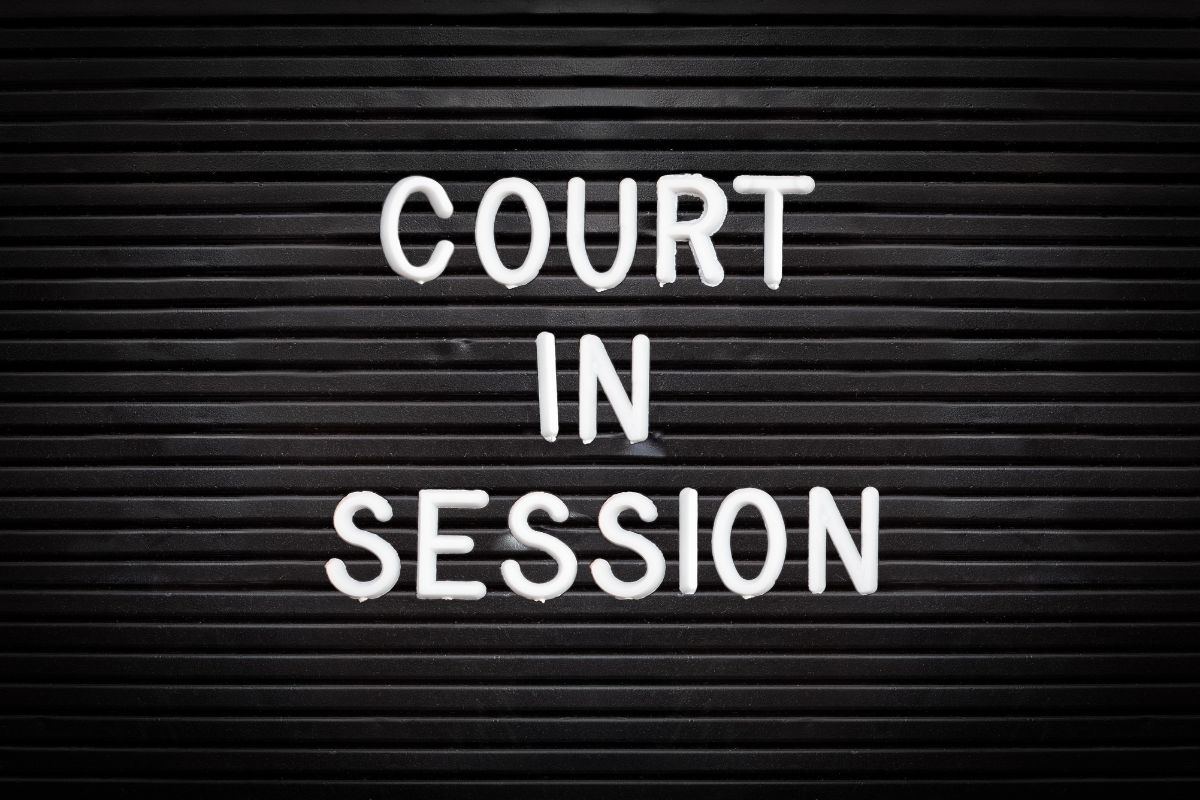Five Things To Avoid During A Hearing

Whether it is the first time or the hundredth time, it is an exhilarating and nerve-wracking experience to walk into a court hearing. On one hand, an attorney’s attention is directed at asserting and protecting the rights of his or her client. On the other, he or she must act within the decorum required by the court and avoid any mistakes that may be detrimental to a case’s outcome.
No lawyer is invulnerable to mistakes but some mistakes are more detrimental than others. The following lists five things that any attorney should avoid when handling a hearing, whether live and in-person in the courtroom, or by remote video from a remote location during the protocols put in place because of the COVID-19 pandemic.
- Interrupting the Judge.
Attorneys must wait their turn like anyone else. This includes refraining from interrupting the judge and treating him or her with more than a modicum of dignity and respect. Lawyers must always listen carefully when a judge speaks during a hearing. This includes listening to a judge’s questions and waiting for the judge to finish completely before responding. Any attorney who interrupts a judge may find a judge with a focus on the attorney’s rude behavior instead of the attorney’s legal argument. Ultimately, this is detrimental to a client’s interests.
- Interrupting Counsel.
It is also important to refrain from interrupting opposing counsel with any type of regularity. Regardless of whether opposing counsel makes a mistake, insult, incorrect assertion of fact or law, or any other offensive action, it is important to let him or her finish. After all, what an attorney interrupts, if truly offensive, may be the continuation of that which may be to opposing counsel’s detriment.
Also, any judge will not appreciate an attorney attempting to maintain order in the courtroom, something that is the true province of the judge. Again, it is important for any attorney to patiently await his or her turn to speak and never infringe on the words of the judge and opposing counsel. This is an easy and undesirable habit to create and should be avoided at all costs.
It is proper and professional to await the completion of opposing counsel’s oratory and then alert the court of any misstatements. If there is no rebuttal time, attorneys should request an opportunity to clarify the record, whether orally at that precise moment or in writing after the hearing ends. This represents conduct that is respectful of the court and, perhaps more importantly, the process.
- Sitting When Addressing the Court.
While many judges will offer counsel the opportunity to sit while making an argument outside the presence of the jury, an attorney should never assume that it is proper to sit down when addressing the court. With remote hearings now the norm, this rule of court etiquette is in mothballs.
- Not Paying Attention to All That Goes On In the Courtroom.
Just because an attorney is engaged in a formal proceeding does not mean that people’s behavior is robotic and mechanical. Judges and attorneys provide both physical and verbal cues to their states of mind, Body language, tone of voice, and facial expressions may provide invaluable tips about what the judge is thinking but may not be verbalizing. It may be necessary for a lawyer to read a judge’s body language and determine when some factual background and procedural history of the case may be warranted before initiating a client’s legal argument.
- Addressing Counsel and Not the Court.
Attorneys must allow the court to hear arguments, ask questions, and make a ruling. Thus, an attorney’s arguments, statements, and comments must always be addressed to the court rather than opposing counsel.
The California Desert Trial Academy College of Law was founded with the philosophy of not only teaching students the substantive law, but on training, educating, and developing students to be exceptional attorney-advocates. The development of trial advocacy tools is essential to success in any judicial or administrative setting. Call us today at (760) 342-0900 or find out more online here.


